The amendment and supplement of the Law on Bidding is an opportunity to remove long-standing obstacles in public investment activities, especially in the context of slow disbursement progress and many projects being stuck due to cumbersome and inflexible procedures. Therefore, according to National Assembly deputies, giving more power to investors and competent persons in choosing bidding methods is in line with the policy of decentralization, creating initiative for the grassroots, but it also comes with responsibilities to prevent the emergence of "friendly bidding packages".
Emphasizing the urgent need to cut down, simplify procedures, and shorten bidding time, however, some opinions National Assembly deputies also expressed concerns when the amendment and supplement to the Bidding Law this time "supplements the principle allowing investors and competent persons to base on the scale, nature and actual conditions of the bidding package to choose to apply appropriate forms of contractor selection (bidding, designated bidding or other forms as prescribed by law) on the basis of ensuring quality, progress, efficiency and accountability; expanding the form of designated bidding, selecting contractors and investors in special cases". This delegation of authority aims to implement the policy of thorough decentralization and delegation of power in bidding activities, enhancing the role and responsibility of investors and competent persons, contributing to accelerating the progress of investment project implementation.

However, according to National Assembly delegates, this regulation can easily lead to the emergence of a mechanism of asking and giving, taking advantage of policies, assigning contracts, and appointing contractors within a narrow scope for a number of enterprises or for friendly enterprises, making it difficult for small and medium enterprises to access public procurement and participate in public investment projects. For example, delegate Pham Van Hoa (delegation) Dong Thap ) said that in reality, there was a case where a contractor continuously won dozens of projects for many years, but the price reduction was only less than 1%, which did not bring efficiency to the State. Therefore, the delegate proposed that the regulation on bidding must be associated with significant price reduction, ensuring the quality of the project and clear responsibility of the investor. This helps save time, costs and avoid wasting the state budget.
Currently, there is no shortage of public investment projects that are sluggish, prolonged, over budget, of unclear quality, and even leave negative consequences many years after completion. Part of the root cause lies in the contractor selection process. Therefore, empowering investors to decide on the form of contractor selection appropriate to the reality of each bid package is necessary to remove obstacles to the progress and quality of public investment projects. However, the concerns of National Assembly deputies are completely justified when reality in recent times shows that "friendly bid packages" are not isolated.
Decentralization and empowerment to allow investors and competent persons to choose the form of bidding is necessary. However, it must go hand in hand with a mechanism to bind responsibilities, personal accountability and independent supervision. Only in this way can discipline in public spending be ensured; at the same time, it does not change the nature and principles of the Bidding Law.
Source: https://baolangson.vn/trao-quyen-nhung-tranh-lam-quyen-trong-dau-thau-5051168.html




![[Photo] More than 124,000 candidates in Hanoi complete procedures for the 2025 High School Graduation Exam](https://vphoto.vietnam.vn/thumb/1200x675/vietnam/resource/IMAGE/2025/6/25/fa62985b10464d6a943b58699098ae3f)

![[Photo] General Secretary To Lam works with the Standing Committee of Quang Binh and Quang Tri Provincial Party Committees](https://vphoto.vietnam.vn/thumb/1200x675/vietnam/resource/IMAGE/2025/6/25/6acdc70e139d44beaef4133fefbe2c7f)
![[Photo] First training session in preparation for the parade to celebrate the 80th anniversary of National Day, September 2nd](https://vphoto.vietnam.vn/thumb/1200x675/vietnam/resource/IMAGE/2025/6/25/ebf0364280904c019e24ade59fb08b18)














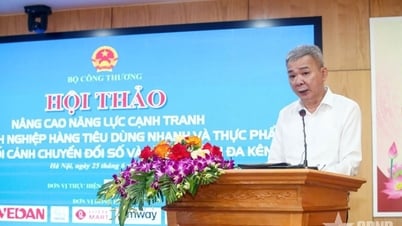






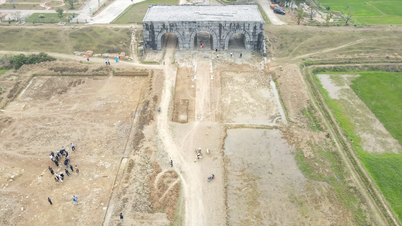





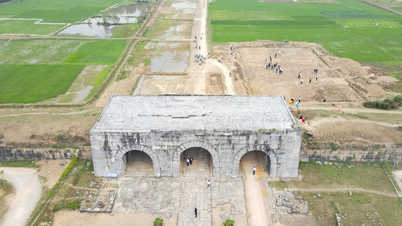














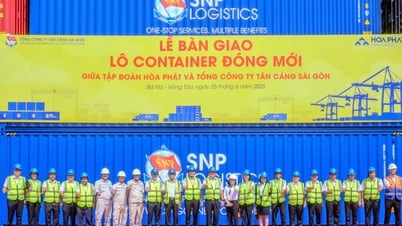


















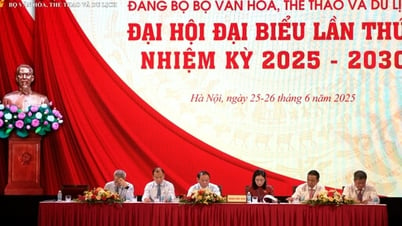





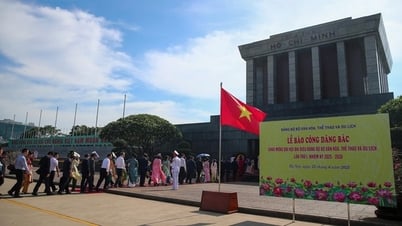
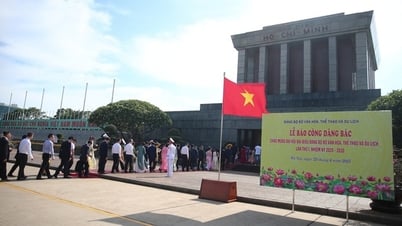






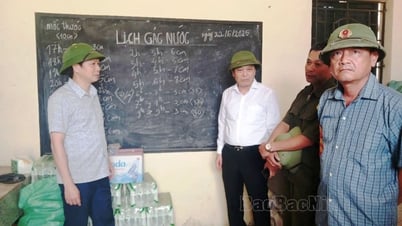

















Comment (0)